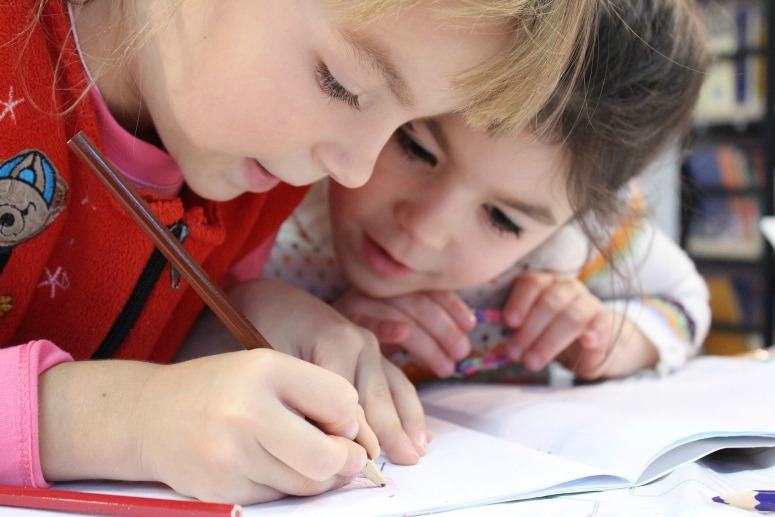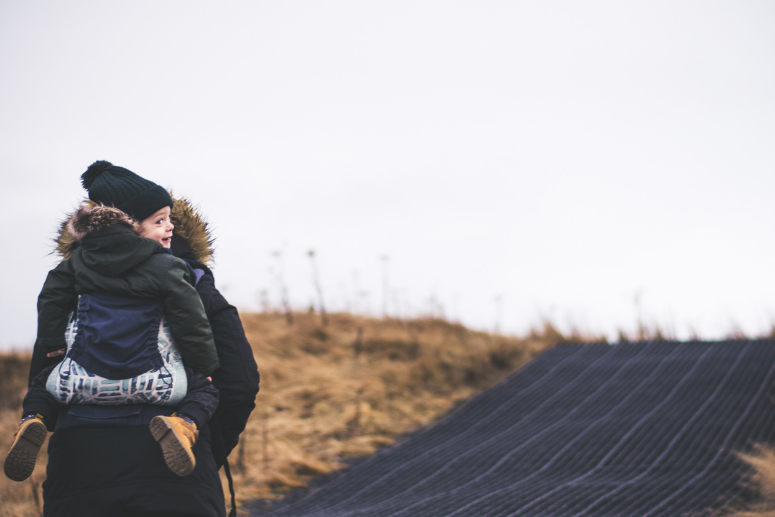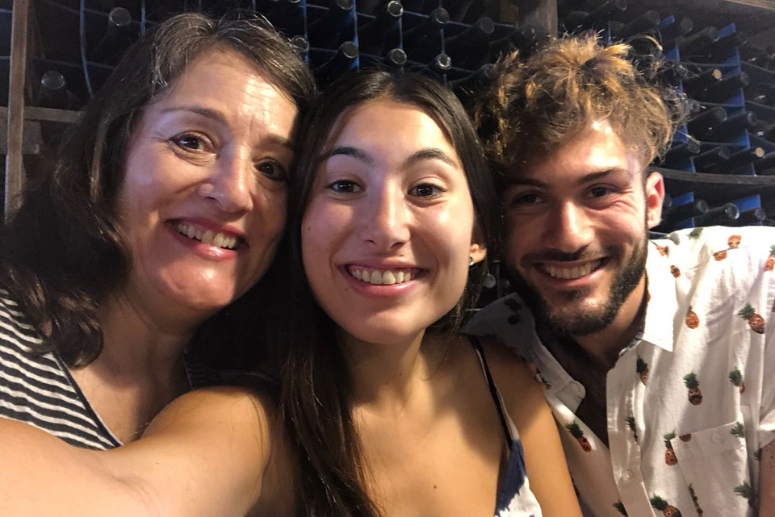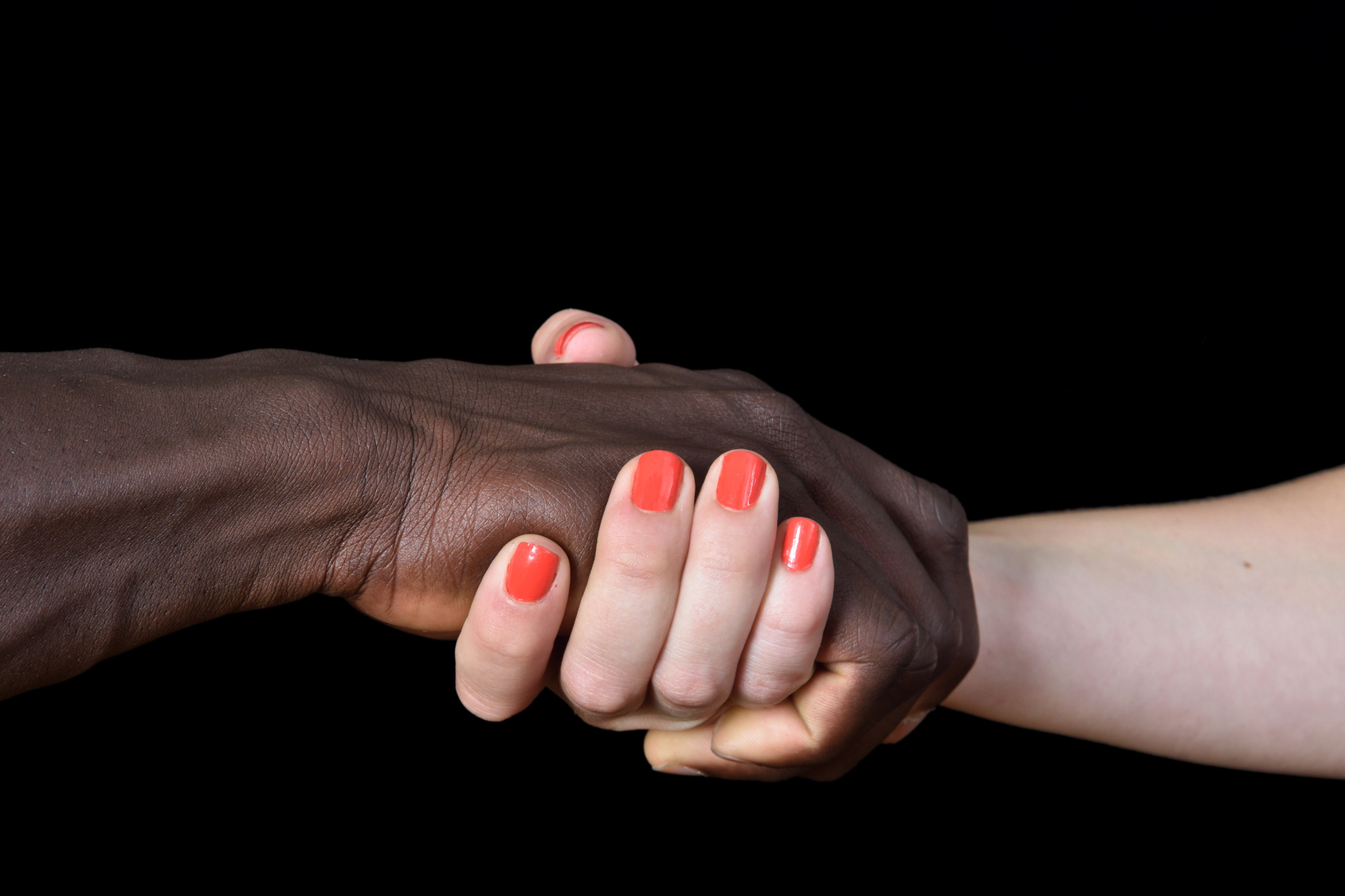
“School days school days good old golden rule days…“ My cheerful and wickedly funny mother used to sing this song to us at least two weeks before school started. I could hear glee in her voice as we groaned. The more we groaned the louder she sang. With four of us, six years apart total that was a considerable amount of organization and implementation that went into getting us ready for an early September start date.
The second phrase in the song is especially poignant for me. My mom lived by the golden rule. The basic tenant of most major religions, of doing unto others as you would have them do unto you.
Treat people how you would like to be treated. (Tweet it!)
I think that would be a great way to start 1st grade or kindergarten. Would that help decrease bullying, I wonder? If we really taught children empathy and what it is like live in someone else’s shoes?
Actions speak louder than words
The world these days seems less empathetic to me. It’s one thing to tell your children to be nice to others. Showing them by example is more effective but is also a great deal harder to model.
Maybe next time someone cuts you off in traffic don’t yell at them or call them names… Just say, “Guess he was in a hurry” and let it go. I get it. Traffic sucks all over the world except in places where they don’t have cars. Get that, a little privilege humor.
Another way to instill compassion in children is to call out instances outside the family of people doing good things for our communities, nations, and the world. These instances may seem to be hard to come by at the moment when mean bullying behavior has been normalized.
Donate those old clothes and shoes that your children have outgrown. Donate those not so old clothes that you have outgrown. Or don’t wear or don’t need. It’s a great family project and can help people other people. Start a food drive in your community. Not just at Xmas time or during other holidays.
What really matters
In my classroom at a local college the students have a lot. They dress well and most have cars. Certainly, they all have smartphones and brand name sneakers. At the end of the school year, a couple of students in the class did a presentation about poverty in our community. They talked about 1 in 5 families struggling. It was the first time all year that the class was completely quiet. Silence. We had an entire unit on food shortages all over the world. It was the first time they got it. And these two students are trying to do something in their community to make things better for the less fortunate. A person or two people can make a difference. Compassion, empathy, and the will to do something to help. Good students.
When potential new immigrants or asylum seekers are turned away at the borders or incarcerated when all our ancestors were at one time or another immigrants, legal or otherwise. Or when parents are separated from their children and lost track of in some mistaken crusade for keeping Americans safe. In some Middle Eastern and African countries when girls are not allowed to go to school or to be educated. When speaking your mind could end your life.
How do we explain these injustices to our children?
By not being apathetic and by speaking out against them. By being an example of how people should behave. And by not saying things like “girls are bad at math” and “boys are good at sports” by not perpetuating stereotypes but treating people as individuals not defined by their sex, age, race, nation of birth, or gender.
Okay, so that’s a big assignment and school just began
…So let’s start smaller:
Changing the world can seem like a boulder you need to push uphill.
Try not getting annoyed by something unimportant and saving your energy for the big things. Do one kind thing today even if no one is watching.
Tell someone studying something earthshaking that what they are doing matters. Say for example a niece working on researching and or inventing biodegradable or edible packaging to help end the tremendous plastic problem we currently have on planet earth.
Education is a gift. Knowledge is the best power to combat insensitivity and disregard. We are never too old to learn new things. If taking a class seems too great a commitment watch a documentary about bees or something.
No matter who is going back to school, your five-year-old to kindergarten, or your partner going back to finish high school or completing their college degree send them out there with your full support. Make sure they understand what they are doing is meaningful and expanding their minds is the best way to guard against ignorance.
And if you want to sing the song my mother did to rub in the fact that you aren’t going to school I’ll be happy to sing it for you.
Be kind to yourself.
Now over to you: How do you prepare your children or yourself to go back to school?







